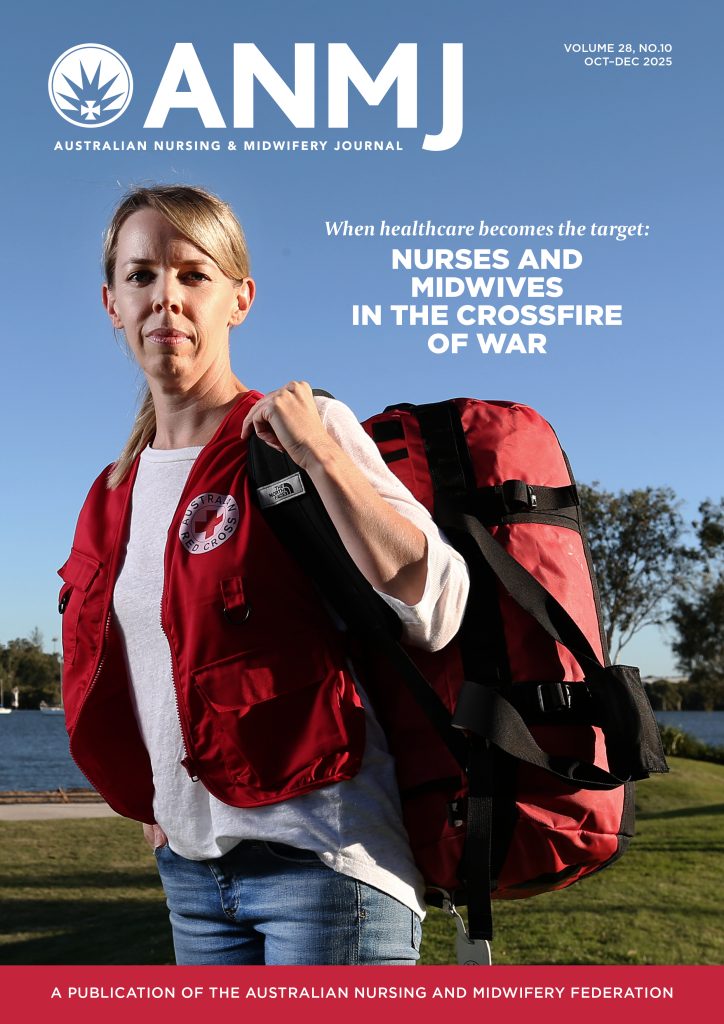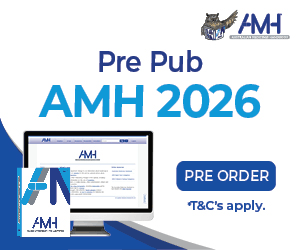The Australian Health Practitioner Regulation Agency (AHPRA) is rolling out major reforms to reduce the distress experienced by health practitioners during the notifications (complaints) process, following growing concerns about the psychological impact of regulatory investigations.
AHPRA has already completed 13 of 33 actions recommended by an Expert Advisory Group (EAG) aimed at making the complaints process faster, more compassionate and supportive—particularly for practitioners whose health may be affected.
Chief Executive Officer Justin Untersteiner said the reforms are designed to ensure practitioner wellbeing is better protected during investigations.
“We want to minimise the distress that someone feels when they’re going through the notification process. Because we know that safe practice starts with practitioner wellbeing,” he said.
What AHPRA is changing
The reforms—detailed in a new progress report—include:
- Improving how practitioner health concerns are handled during notifications
- Recruiting regulatory advisors with stronger skills in negotiation and conflict resolution
- Addressing misinformation and myths about the complaints process
- Increasing transparency and support for those under investigation
These changes stem from research AHPRA commissioned into practitioner distress and the establishment of the Expert Advisory Group in 2021 to better understand the experience of being reported.
The group’s 2023 report identified four key areas for reform:
- Managing practitioner health concerns
- Being open, transparent and fostering hope
- Providing better support to practitioners during the process
- Learning from practitioner experiences
All recommendations were accepted by AHPRA and the National Boards.
More reforms ahead
While significant progress has been made, AHPRA says some work requires collaboration with professional associations, support services, indemnity insurers, legal defence firms and education providers.
The remaining actions are expected to be completed in 2026.








